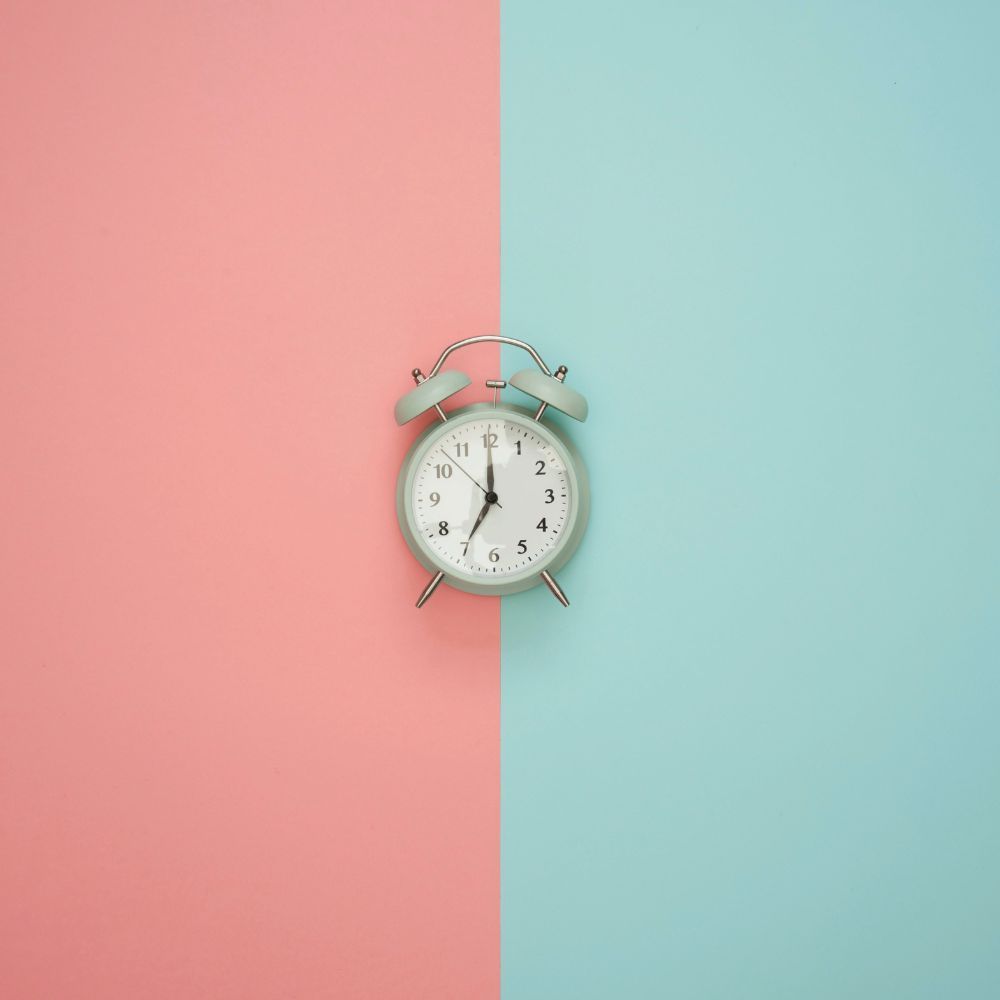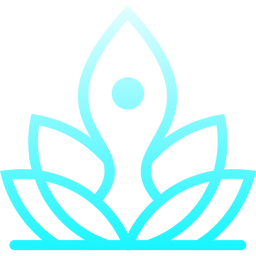Spring Forward To Wellness: Navigating Daylight Saving Time Change And Health
Time for a change? Discover how to stay healthy and happy during DST change with our helpful tips and tricks for thriving during the transition!
As the days start to get longer and the weather begins to warm up, many of us eagerly anticipate the arrival of spring. But with this seasonal change comes another, less welcome shift: Daylight Saving Time. While the idea of losing an hour of sleep may sound daunting, the reality is that DST change can wreak havoc on our bodies, minds, and daily routines.
From disrupted sleep patterns to increased stress levels, the effects of DST change can be far-reaching and long-lasting. But we've got you. With a few practical tips, natural remedies, and a holistic approach to our health, we can mitigate these effects and embrace the new season with grace and ease. So, let's dive in and discover how to navigate DST change like a pro and minimize the negative effects and optimize the positive ones!

It Truly Can Affect Your Health
Firstly, let's talk about the biology of how DST change affects our health. Our body has an internal clock, known as the circadian rhythm, which regulates our sleep-wake cycle, body temperature, and hormone secretion.
When we adjust the clock by an hour, it can take a few days or even weeks for our body to adjust to the new time. This can result in symptoms such as difficulty falling asleep, waking up early, feeling groggy in the morning, and increased fatigue throughout the day.
Mitigating The Change
To mitigate these effects, here are some helpful tips:
- Gradually adjust your sleep schedule: In the days leading up to DST change, start going to bed and waking up 15-30 minutes earlier each day. This can help your body adjust to the time change more easily.
- Get plenty of sunlight: Exposure to natural light can help regulate your circadian rhythm and improve your mood. Try to spend time outside in the morning or early afternoon, especially during the first few days after DST change.
- Be mindful of your caffeine and alcohol intake: Both caffeine and alcohol can disrupt your sleep, so be mindful of how much you are consuming, especially in the hours leading up to bedtime.
- Practice good sleep hygiene: This includes creating a relaxing bedtime routine, keeping your bedroom cool and dark, and avoiding screens for at least an hour before bedtime.
In addition to these practical tips, it's important to take a holistic approach to our health during DST change. This means addressing not just our physical health, but also our mental, emotional, and spiritual well-being.
For example, stress and anxiety can exacerbate the negative effects of DST change on our sleep and mood. To reduce stress, try practicing mindfulness meditation, deep breathing exercises, or gentle yoga. You may also find it helpful to talk to a trusted friend or therapist about any concerns you have.
Incorporating movement and exercise into your daily routine can also have a positive impact on your mood and energy levels. Even a short walk, practicing yoga, or gentle stretching can help you feel more awake and alert.
Finally, don't forget to nourish your soul during this time of transition. This could mean spending time in nature, connecting with loved ones, practicing gratitude, or engaging in creative activities that bring you joy.

Some DST Statistics
According to studies, the transition to DST can have both positive and negative effects on our health. For example, the extra hour of daylight in the evening can encourage people to be more physically active, which can improve overall health. On the other hand, the hour of sleep lost can lead to a 24% increase in heart attacks on the Monday after DST change, according to a study published in the New England Journal of Medicine.
Another study found that there is a 6% increase in traffic accidents on the Monday following DST change. The risk is highest for people who already have sleep disorders or who work night shifts. It's important to be extra vigilant on the roads during this time and to avoid driving if you feel drowsy.
In addition to these physical health concerns, DST change can also affect our mental health. A study published in the Journal of Applied Psychology found that employees were more likely to experience depression and fatigue in the week following DST change, which can impact their work productivity and overall well-being.
You've Got This
Overall, while the effects of DST change can be challenging, there are steps we can take to mitigate them and optimize our health during this time. By incorporating practical tips, such as gradually adjusting our sleep schedule and getting plenty of sunlight, as well as taking a holistic approach to our health, including addressing our mental, emotional, and spiritual well-being, we can minimize the negative effects of DST change and even harness its potential benefits.
It's also important to be aware of the statistics around DST change and to take extra precautions during this time, such as being extra careful on the roads and paying attention to our mental health. By taking these steps, we can navigate DST change with greater ease and continue to prioritize our health and well-being.
The Bright Side
One of the positive sides of DST in spring is that it provides us with more daylight in the evening, which can allow us to spend more time outdoors and engage in activities that we may not have been able to do during the shorter days of winter.
This extra daylight can also have a positive impact on our mood and energy levels, as exposure to sunlight is known to increase the production of serotonin, a neurotransmitter that regulates mood and sleep. Additionally, longer days can provide us with more opportunities to exercise, socialize, and enjoy the beauty of nature, which can all contribute to our overall health and well-being.

Natural Ways To Ease
I want you to know that I understand how challenging DST change can be, and I want to assure you that you're not alone in your experiences.
If you want to try some natural additions to help ease you into the week following DST there are certainly some natural remedies that can help support your body during the transition.
For example, chamomile can help calm your nerves and promote relaxation, which can be particularly helpful if you're having trouble sleeping. Magnesium is also a mineral that can aid in sleep and relaxation and can be found in foods like almonds, spinach, and avocados. Additionally, getting plenty of vitamin D from sunlight or supplements can help regulate your circadian rhythms and support overall health.
It's important to keep in mind that no single food or supplement can completely mitigate the effects of DST change on its own, but every little bit helps smooth the shift. The most effective approach is to take a holistic view of your health and incorporate a variety of strategies that support your physical, mental, and emotional well-being.
Final Thoughts
I understand how difficult it can be to adjust to the time change, and I want to assure you that it's normal to experience some challenges during this transition. Please know that you're not alone, and there are steps you can take to make the process smoother and more manageable.
It's important to remember that everyone's experience with DST change is unique, so it's essential to listen to your body and take care of yourself in the way that feels best for you. By taking a proactive approach to your health and incorporating practical tips and natural remedies, you can navigate this time with greater ease and maintain your overall health and wellness. So let's spring forward with our health and take control of our well-being because after all, health is wealth!
You Might Also Enjoy Reading This!



Disclaimer
Each of these products has been very carefully reviewed and selected by us at WellnessWishlist. All opinions in this article are our own, and we're proud to share them with you, however, all content is meant only to be informative and should not be taken as medical advice, nor used to diagnose, treat, and or prevent any health conditions. As Amazon associates, we may collect compensation from the affiliate links on this page, through qualifying purchases (that's how we stay in business). We truly hope you enjoy finding the next addition to your WellnessWishlist!


